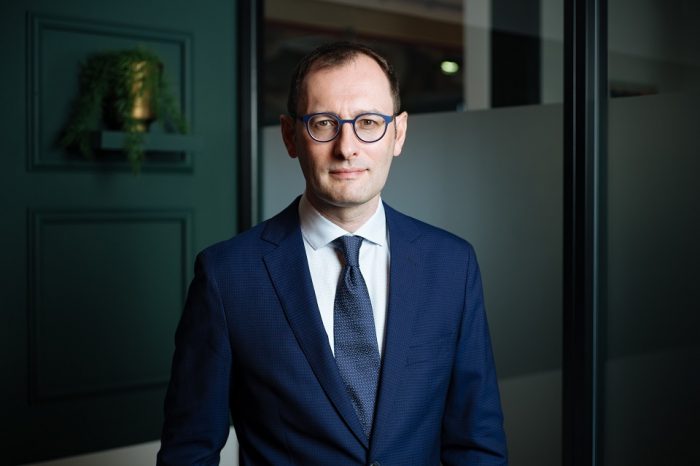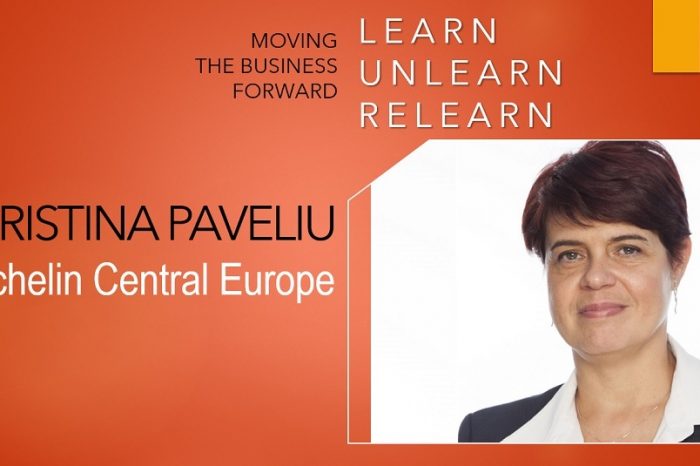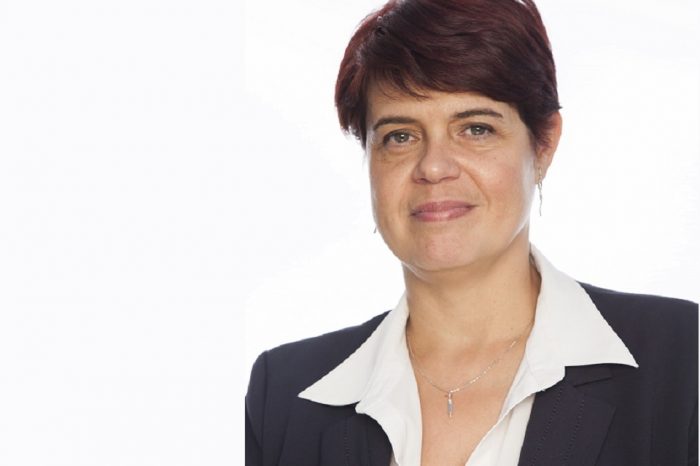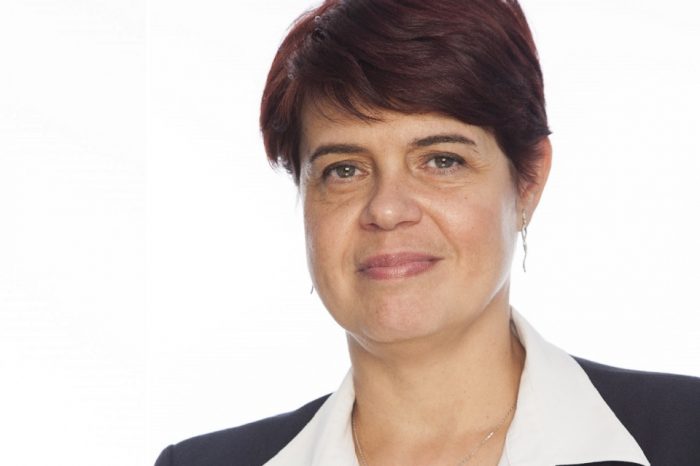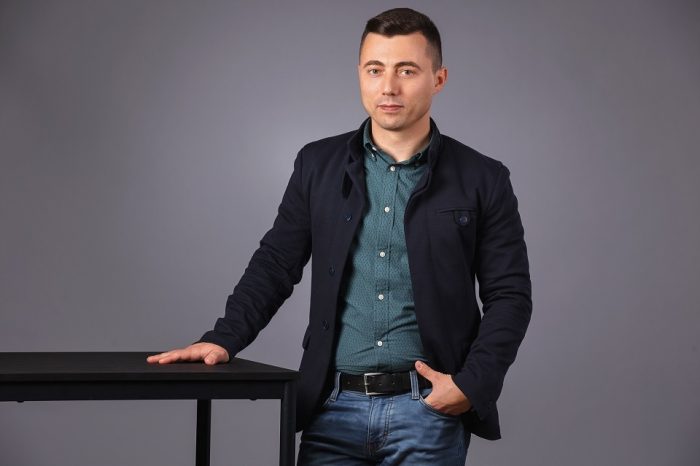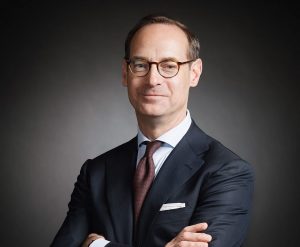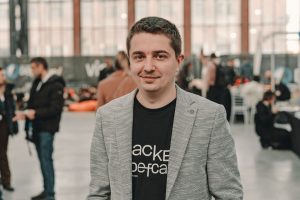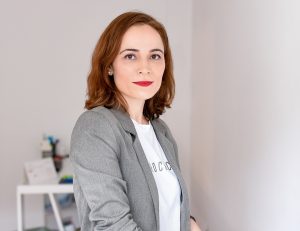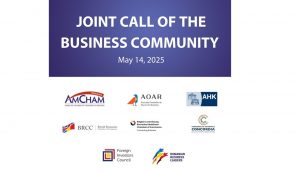Michelin: It is of critical importance to be present in the external environment, to enforce our recruitment team and to strengthen collaboration with recruitment agencies
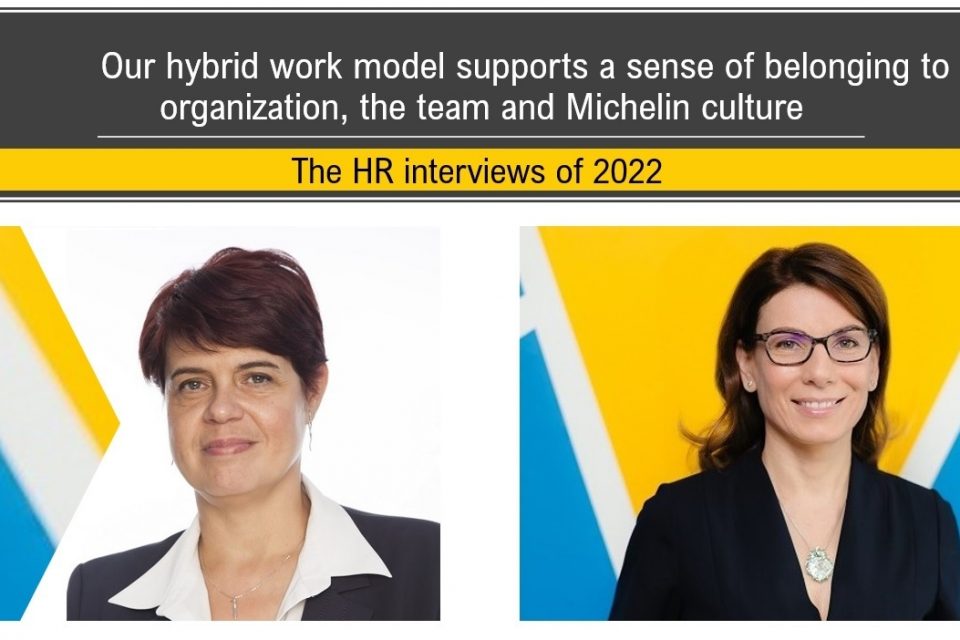
The HR & recruitment industry, highly challenged for the past two years, is undergoing a fundamental and structural changing process, has earned and proved a major strategic role in the companies, with ambitious targets and objectives to be achieved. People engagement, DEI, digital transformation, the people-centric approach, the sensitive aspects of recruitment and the increasing personnel fluctuation are often mentioned in company reports and statements. The new world of business, especially after the past two years, seem to become more people-centric and paying a great deal of attention to safety, healthy and well-being of employees. The workspace has tremendously changed and evolved to the benefit of companies and people altogether.
To better highlight the efforts and evolutions in achieving the assumed objectives of HR departments, Simona Stavrositu, Director, Michelin Corporate & Business Services and Cristina Paveliu, HR Manager, Michelin Corporate & Business Services the company’s insights on the current status and vision of HR.
The overlook of HR in 2021 and prospects of 2022
Cristina Paveliu: 2021 was intense from a people management perspective; it seemed like everybody wanted to catch-up on what had been put on hold in 2020.
This was the same for us, with ambitious plans for additional activities brought in Romania, which meant, from the HR perspective, a significant growth in terms of number of people. We needed to staff additional teams, onboard and train the newcomers, all that in the context of hybrid work. The key was to find the right mix between work from the office and work from home, allowing for building the teams, creating the necessary cohesion and at the same time, learn the new activities and become autonomous.
The great resignation phenomenon also started to be seen and felt in 2021, especially in the second part of the year. What helped us limit the impact of this phenomenon is the fact that in Michelin we are very transparent in everything we do, including having a say in the future strategic approaches, that it is very easy to see the purpose of our actions in each and every job, that we took several smart decisions concerning our organization and people processes.
In 2022, our plans continue to be even more ambitious than in 2021, with a view of increasing the activities for which we provide local support for European entities. Therefore, it is of critical importance to be present in the external environment, to be known by potential employees, to enforce our recruitment team and at the same time, to strengthen collaboration with recruitment agencies.
As we are preparing to return to a full hybrid work model, we are reviewing our benefits, to make the necessary adjustments, especially where we had had to redesign a few in the past, due to the pandemic way of working (mainly remote).
Continuing to promote a culture of openness and speak-up, simplification initiatives and the drive for continuous development are amongst the values and actions that allow us to maintain a relatively low level of attrition.
Learning & Development priorities and projects
Cristina Paveliu: We continued to invest in developing our people, this was never put on hold. The transition to the online environment was already made in 2020, the programs were adapted, so in 2021, we’ve prioritized our focus on three main directions. First it was our Leadership Academy, a complex leadership development program, customized depending on the level of experience in a leadership position, for senior managers, for newly appointed managers and a special program dedicated to people with potential of becoming managers in the short to medium term. The program was designed to incorporate various online interventions which encourage interactivity, with online training sessions, with adapted duration.
Next, an important focus was on developing our competencies, with a special focus on digital skills. We have a very generous eLearning platform, and in addition we use external online learning platforms, which provide a wealth of opportunities for continuous development. To help the people choose the relevant options for each and every one, we have developed an internal platform, where each function can see what are the recommended courses they should take, depending on the position held inside the department.
And last, but not at all the least, we have launched in the last quarter, various wellbeing online workshops, on topics that were of general interest for our employees.
In 2022, we continue the Leadership Academy, and we have launched the Leadership Community for the people who have graduated the program. We keep this Community alive through organizing speakers’ interventions, dedicated workshops and activities.
More targeted development interventions are achieved through on-the-job activities, but also through coaching and mentoring sessions. Our internal mentoring program proved to be a success, and we want to continue to promote it.
We have also gone further with customizing our wellbeing interventions, to be more in sync with what our employees need. In this respect, we will continue to organize general seminars online, with a wide audience, but we will focus also on smaller groups, with physical presence, on more sensitive topics.
The workplace transformation
Simona Stavrositu: In 2021 we asked ourselves (leaders and employees) questions such as: what the good balance between work from the office and work from home is; which aspects of workplace design are important to us and our people; what are the main activities people will engage into when they work from the office. Based on answers to these questions, for 2022 we made two decisions. The first was to resume our hybrid working model, which is based on mix of work from the office and work from home, thus benefiting from the advantages of ‘both worlds’: having time for our families and our passions and reducing the environmental impact of commutes and at the same time nurturing trust and team spirit at work, enabling collective creativity, common behaviors and knowledge sharing, and reducing stress and fatigue which cumulate when working from home in the long run, according to researches. The second decision was to initiate a workplace redesign project, to adapt our office space and accommodate design features requested by our employees and by the type of activities carried out in the office. For example, since the role of the office moved towards a place for connecting people, getting together and socializing, brainstorming, learning, and innovating, we will create more space for collaborative work and more common areas. The project is planned to be completed by the end of summer, 2022.
Building the “belonging at work” feeling and culture
Simona Stavrositu: First, our hybrid work model supports a sense of belonging to the organization, the team and Michelin culture. Human relations, teamwork, collaboration, and collective intelligence are valued in our company; therefore, after 2 years of mostly remote work, we are reconnecting by resuming our hybrid work model to build and maintain trust, solve problems, innovate, and celebrate together. Secondly, in 2021 we redefined our vision and strategy, in connection with the Michelin Group strategy; we onboarded our managers and we will further engage all our employees, so that each of them can make the connection between their daily work and our strategy – to understand how they contribute to it. And thirdly, we intend to create opportunities for people to get together, socialize, create and be their authentic selves, either in brainstorming sessions, face to face training, wellbeing seminars or ‘speak-up’ sessions to promote an open culture and facilitate dialogue within the teams and with leadership.

